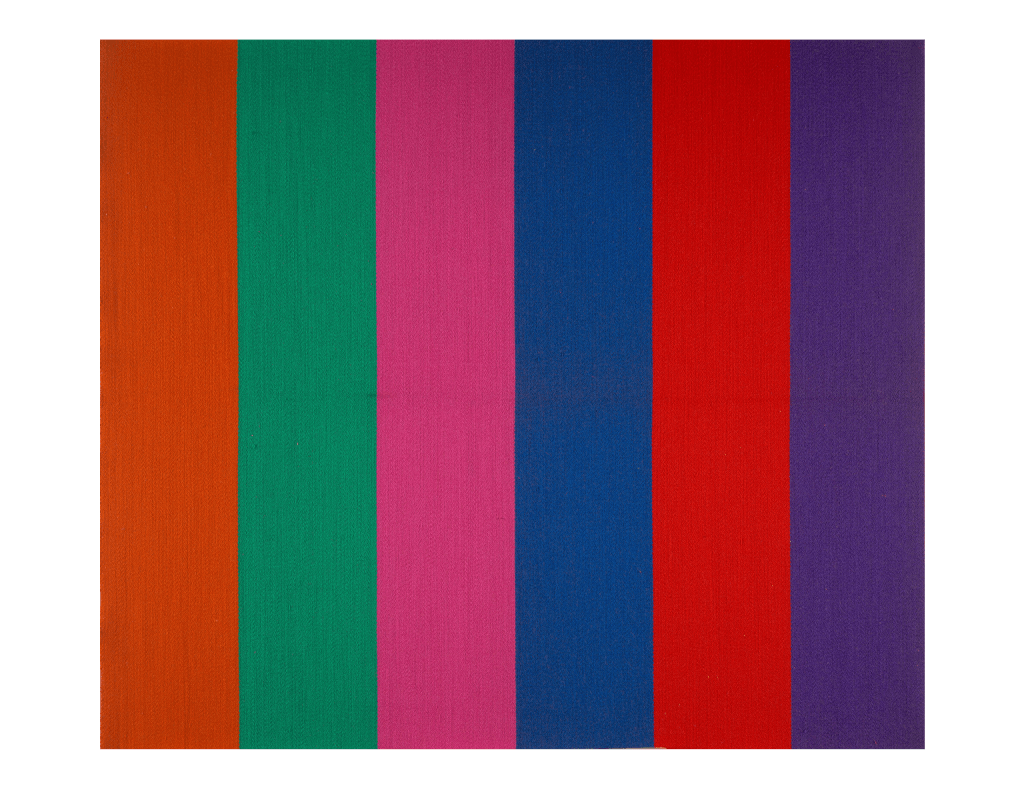Alexander Girard (1907 – 1993) American interior, & Textile designer

 Alexander Girard
Alexander Girard
Alexander Girard (1907 – 1993) was a man of many design talents. He trained as an architect, and he practised across disciplines—making furniture, designing interiors, patterning wallpapers. Girard is perhaps best known for Herman Miller’s head of textiles, a title he carried from 1952 to 1973.
He is often considered one of the 20th century finest graphics and textile artists and an extensive collector of the works of other artisans. His work, particularly in textile design, was influenced by his vast collection of folk art.
Mục lục
Biography
In Florence, Rome, London, Paris, and New York, he worked in architecture offices. He opened an office in Florence in 1930. He opened an office in Detroit in 1937. He produced interiors for Ford and Lincoln automobiles in 1943 and 1946, respectively.
He worked as a colour consultant between 1951 and 1952 at the General Motors Research Center in Detroit, Michigan (designed by Eero Saarinen). He started designing textiles for Herman Miller in Zeeland, Michigan, in 1952. Under design director George Nelson, he became director of Herman Miller’s fabric division in 1952. For Herman Miller, he produced upholstery fabrics and casement products and exuberant, bright, large-patterned prints.
Sample of Work












He opened an office in Santa Fe, New Mexico, in 1953. He designed the Braniff Airlines corporate identity graphics software in 1965 and the interior of film director Billy Wilder’s home in Los Angeles in 1957. Interiors for the La Fonda del Sol restaurant in New York in 1960 and the L’Etoile restaurant in New York in 1966 (both created by Knoll).
His extensive collection of folk art influenced his work, especially in the field of textile design. He founded the Girard Foundation in Santa Fe in 1961, which houses an international collection of toys and related items.
Exhibitions
Italian Pavilion and Florentine Artisans Guild interior-design model rooms at 1929 “Exposicion Internacional de Barcelona”; 1950 “Design for Modern Use, Made in the USA” travelling exhibition to Europe organised by New York Museum of Modern Art; 1968 “El Encanto de un Pueblo” exhibition at 1968 “Hemisfair 68,” San Antonio, Texas He was appointed Honorary Royal Designer for Industry in London in 1965.
Alexander Girard works at our partner stores
Sources
Byars, M., & Riley, T. (2004). The design encyclopedia. Laurence King Publishing.
More American Designers
You may also be interested in
Maya Romanoff American textile designer – Encyclopedia of Design
Maya Romanoff was an American Textile Designer. He studied at the University of California at Berkeley. When he saw tie-dyed t-shirts at Woodstock Music Festival in 1969, Maya Romanoff discovered the magic of dying t-shirts. His profound fascination with colours and fabric led him to start the Skokie Corporation, a business that has grown into $18 million company known for its handmade wall coverings.
Ross Franklin Littell (1924 – 2000) American textile and furniture designer – Encyclopedia of Design
Ross Franklin Littell (1924 – 2000) was an American textile and furniture designer known for his practical, innovative, and minimalist style as part of the Good Design movement of the 1950s. He was born in Los Angeles. He graduated from Pratt Institute in New York with a degree in industrial design after serving in the military.
Like this:
Like
Loading…






